Home>Articles>6 Types Of Pools To Consider Before Breaking Ground
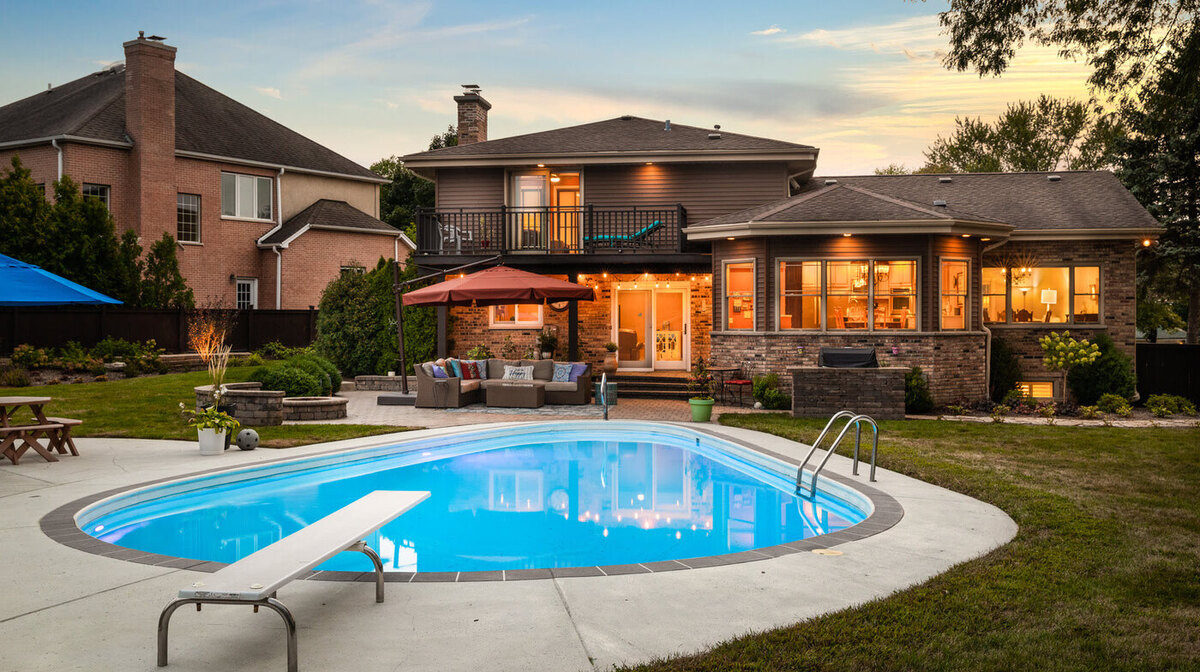

Articles
6 Types Of Pools To Consider Before Breaking Ground
Modified: August 27, 2024
Discover the top 6 types of pools to consider before starting your construction project. Find articles on different pool options and make an informed decision for your dream pool.
(Many of the links in this article redirect to a specific reviewed product. Your purchase of these products through affiliate links helps to generate commission for Storables.com, at no extra cost. Learn more)
Introduction
When it comes to creating the perfect oasis in your backyard, few things can compare to the luxury and relaxation of having a swimming pool. Whether you’re looking to cool off during the hot summer months, get some exercise, or simply enjoy some quality time with family and friends, a pool can provide endless hours of enjoyment. However, before you can start planning your poolside paradise, you need to decide on the type of pool that best suits your needs and preferences.
In this article, we will explore six types of pools that you should consider before breaking ground. Each type has its own unique features, benefits, and considerations, so it’s important to understand what sets them apart. By the end, you’ll have a better understanding of which type of pool is the right fit for your lifestyle and budget.
Key Takeaways:
- In-ground pools offer a range of options, from customizable concrete pools to low-maintenance fiberglass pools, and budget-friendly vinyl liner pools. Consider your needs, budget, and desired design features before making a decision.
- Natural pools provide an eco-friendly and visually appealing alternative, promoting a chemical-free swimming experience and biodiversity in your backyard. Consider factors such as budget, maintenance, and desired aesthetic when choosing the right pool type.
In-Ground Pools
When it comes to in-ground pools, there are several popular options to choose from. These types of pools are built by excavating the ground and constructing a structure to hold the water. The first type we will discuss is concrete pools.
Concrete Pools: Concrete pools are known for their durability and customization options. They are constructed by pouring concrete into a form and then finishing it with a plaster coating. This allows for a wide variety of shapes, sizes, and design features, making them a popular choice for homeowners who want a unique and luxurious pool. Concrete pools also offer the flexibility to add custom features such as waterfalls, spas, and integrated seating areas.
Another popular option for in-ground pools is fiberglass pools.
Fiberglass Pools: Fiberglass pools are pre-fabricated and made of a single-piece fiberglass shell that is installed into the ground. They are known for their durability, low-maintenance requirements, and smooth, non-porous surface. Fiberglass pools come in a variety of shapes and sizes and often include built-in steps and seating areas. While they may have fewer design options compared to concrete pools, they are a great choice for those who want a hassle-free and long-lasting pool.
Lastly, we have vinyl liner pools.
Vinyl Liner Pools: Vinyl liner pools are constructed by installing a vinyl liner inside a steel, aluminum, or polymer frame. They are relatively more affordable compared to concrete and fiberglass pools and offer a smooth surface that is gentle on the feet. Vinyl liner pools come in a wide range of shapes and sizes and can be customized with different patterns and designs for the liner. However, it’s important to note that vinyl liners typically need to be replaced every 10-15 years, so this is a long-term maintenance consideration to keep in mind.
Above-Ground Pools
If an in-ground pool doesn’t fit your budget or space constraints, above-ground pools are a great alternative. These pools are installed on the ground without any excavation needed, making them a more affordable and flexible option for many homeowners. Let’s delve into two popular types of above-ground pools: steel wall pools and aluminum pools.
Steel Wall Pools: Steel wall pools are constructed using a framework of steel panels that are secured together to form the walls of the pool. These pools are known for their strength and durability, providing a stable and secure pool structure. The steel panels are typically coated with rust-resistant materials to ensure longevity. Steel wall pools come in various shapes and sizes, and they offer ample customization options, such as adding decks or built-in steps for easy entry and exit.
On the other hand, we have aluminum pools.
Aluminum Pools: Aluminum pools are similar to steel wall pools in terms of construction but are made of lightweight, corrosion-resistant aluminum panels. These pools are easy to install and maintain and are known for their durability. Aluminum pools are often preferred in coastal areas where high humidity and exposure to saltwater can pose a challenge to other types of pools. They offer a sleek and modern aesthetic and can be customized with accessories such as ladders, fences, and pool covers.
Above-ground pools are a popular choice for families looking for an affordable and versatile option. They can be easily disassembled and relocated if needed, making them a great choice for renters or those who may move in the future.
When considering building a pool, think about the primary use of the pool (e.g. for exercise, relaxation, or family fun) to help determine the best type for your needs.
Natural Pools
If you’re looking for a unique and environmentally friendly option, natural pools are worth considering. Natural pools, also known as eco-friendly pools or swimming ponds, use plants and natural filtration systems to maintain water quality instead of relying on traditional pool chemicals.
One of the main benefits of natural pools is their aesthetic appeal. These pools seamlessly blend into the surrounding landscape, creating a tranquil and natural oasis in your backyard. Natural pools are designed with separate zones – a swimming area and a regeneration area. The regeneration area contains aquatic plants that help filter and purify the water, keeping it clean and clear.
Another advantage of natural pools is their lower carbon footprint. Since they do not require chemicals to maintain water quality, they are considered more eco-friendly compared to traditional pools. The use of natural filtration systems promotes biodiversity, attracting beneficial insects, birds, and other wildlife to your pool area.
While natural pools require some initial investment in the construction and landscaping, they generally have lower long-term maintenance costs compared to traditional pools. However, it’s important to note that natural pools may require occasional manual cleaning of debris and regular monitoring of the water balance.
Additionally, if you enjoy a more natural swimming experience, natural pools provide a chemical-free alternative. The absence of chlorine and other chemicals reduces skin and eye irritation, making swimming in a natural pool a gentler and more enjoyable experience.
It’s important to keep in mind that natural pools may not be suitable for all locations or preferences. Depending on the size and complexity of the pool, you may need to consult with a professional pool builder or landscape designer experienced in natural pool construction to ensure proper installation and maintenance.
Conclusion
Choosing the right type of pool is a significant decision that will impact your enjoyment and satisfaction for years to come. Whether you opt for an in-ground pool or an above-ground pool, understanding the different options available is crucial in making an informed choice.
In-ground pools offer a range of choices, from the customizable and luxurious concrete pools to the durable and low-maintenance fiberglass pools, and the more budget-friendly vinyl liner pools. Each type has its own set of benefits and considerations, so it’s important to assess your needs, budget, and desired design features.
Above-ground pools provide a more affordable and flexible option, with steel wall pools offering durability and customization, and aluminum pools offering a lightweight and corrosion-resistant alternative. Above-ground pools are perfect for those with space limitations or those looking for a temporary pool solution.
For those seeking an eco-friendly and visually appealing option, natural pools provide a sustainable alternative that blends seamlessly with the surrounding landscape. They offer the opportunity to enjoy a chemical-free swimming experience and promote biodiversity in your backyard.
Before making your final decision, consider factors such as budget, maintenance requirements, desired features, and the overall aesthetic you want to achieve. Consulting with pool builders and professionals in the field can also help you navigate the decision-making process and find the best pool type for your needs.
No matter which type of pool you choose, investing in a pool will create a personal oasis for relaxation, entertainment, and exercise. So dive in and enjoy the endless hours of fun that a swimming pool can provide!
Frequently Asked Questions about 6 Types Of Pools To Consider Before Breaking Ground
Was this page helpful?
At Storables.com, we guarantee accurate and reliable information. Our content, validated by Expert Board Contributors, is crafted following stringent Editorial Policies. We're committed to providing you with well-researched, expert-backed insights for all your informational needs.
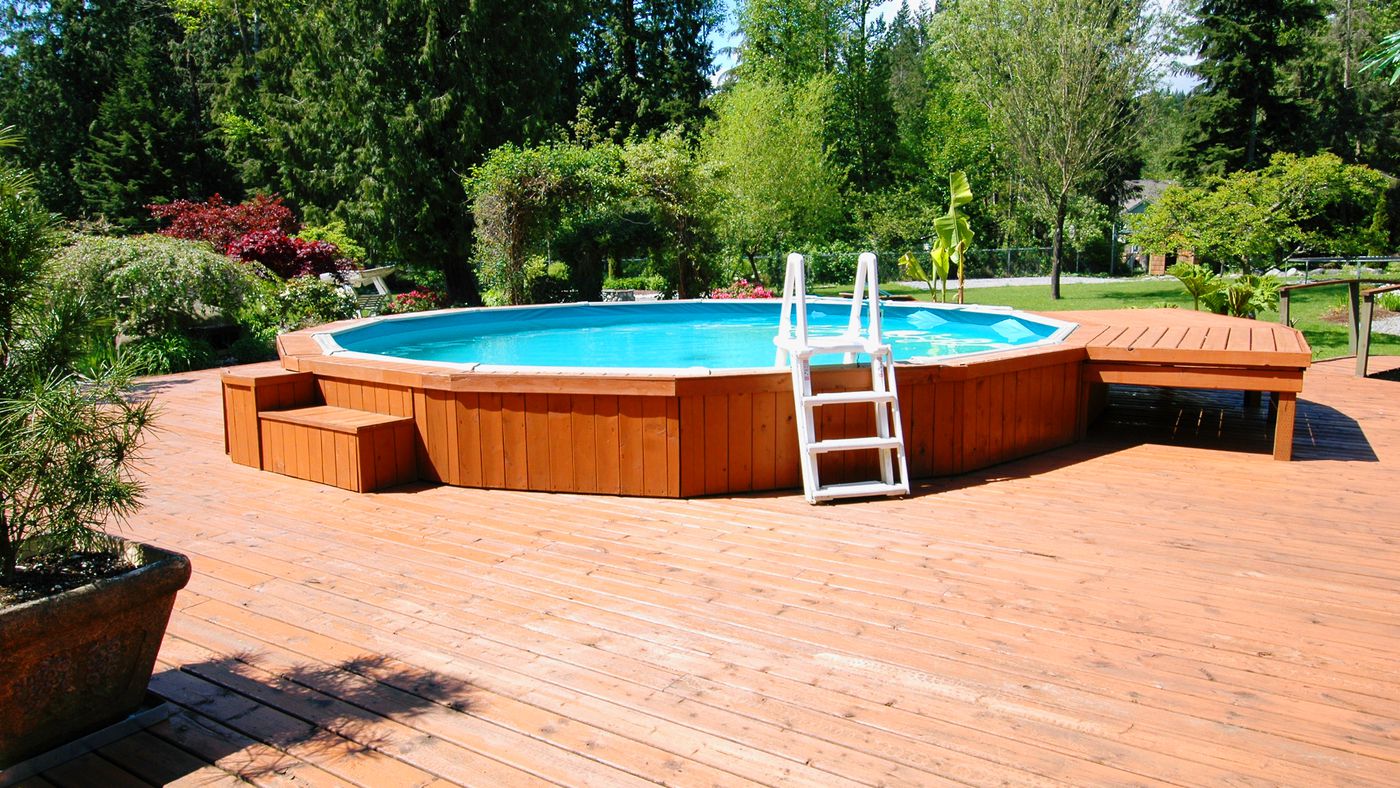
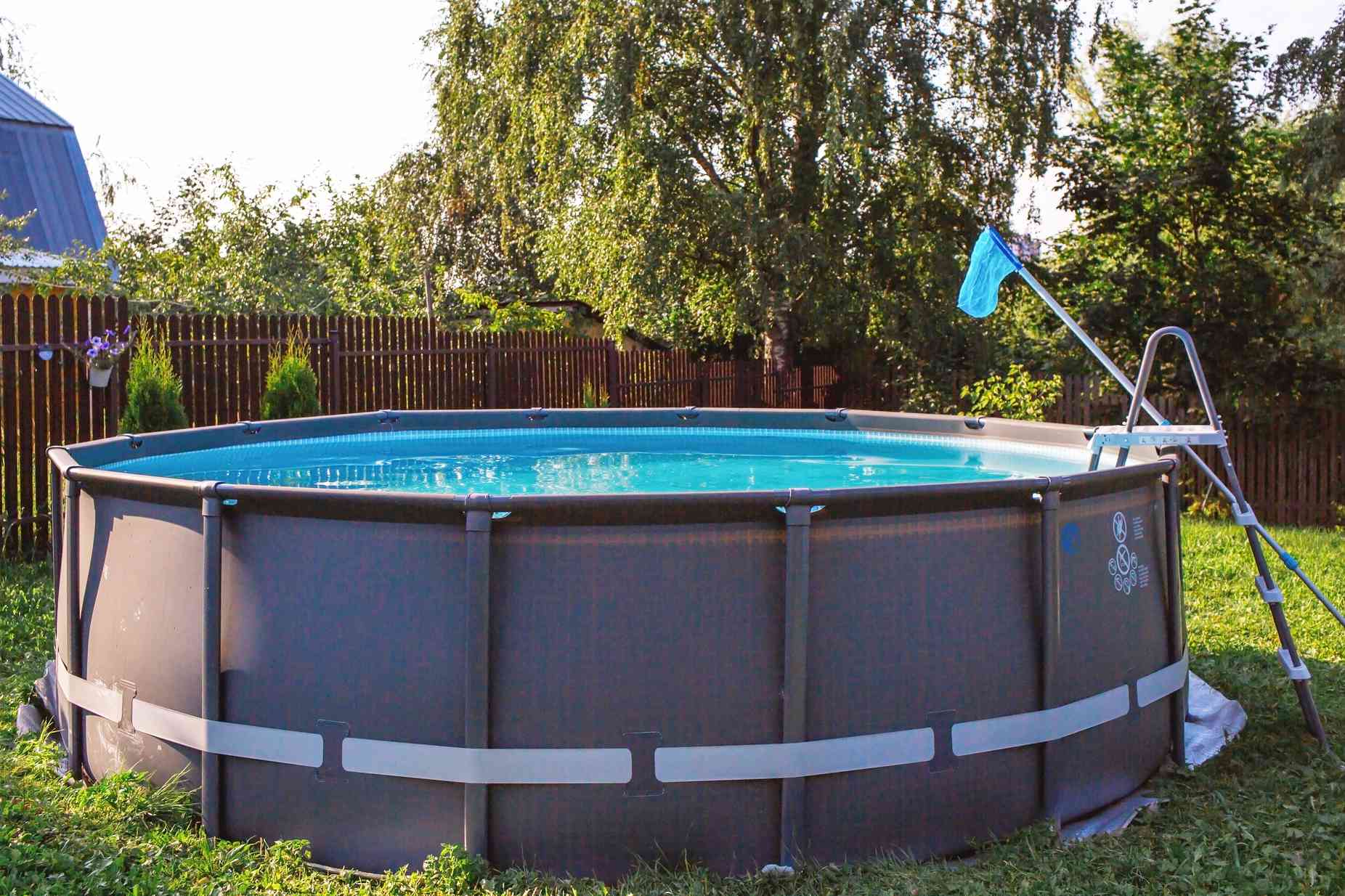

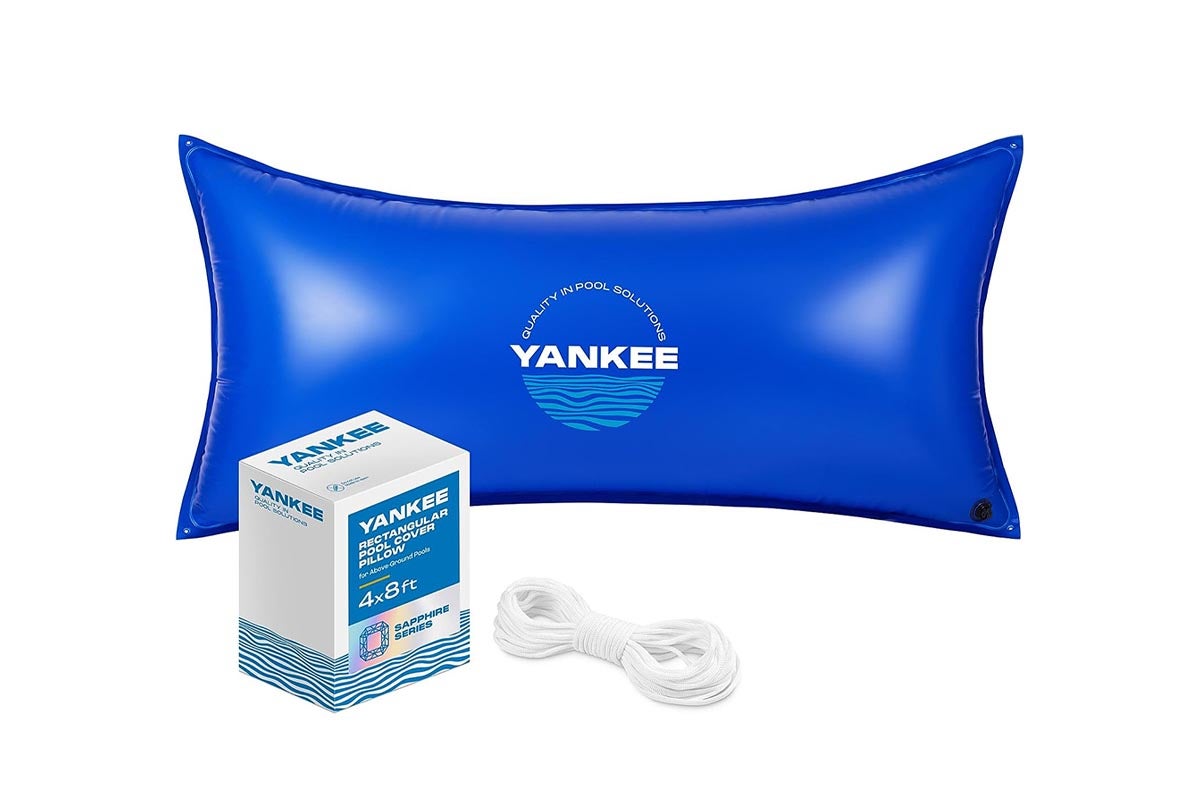
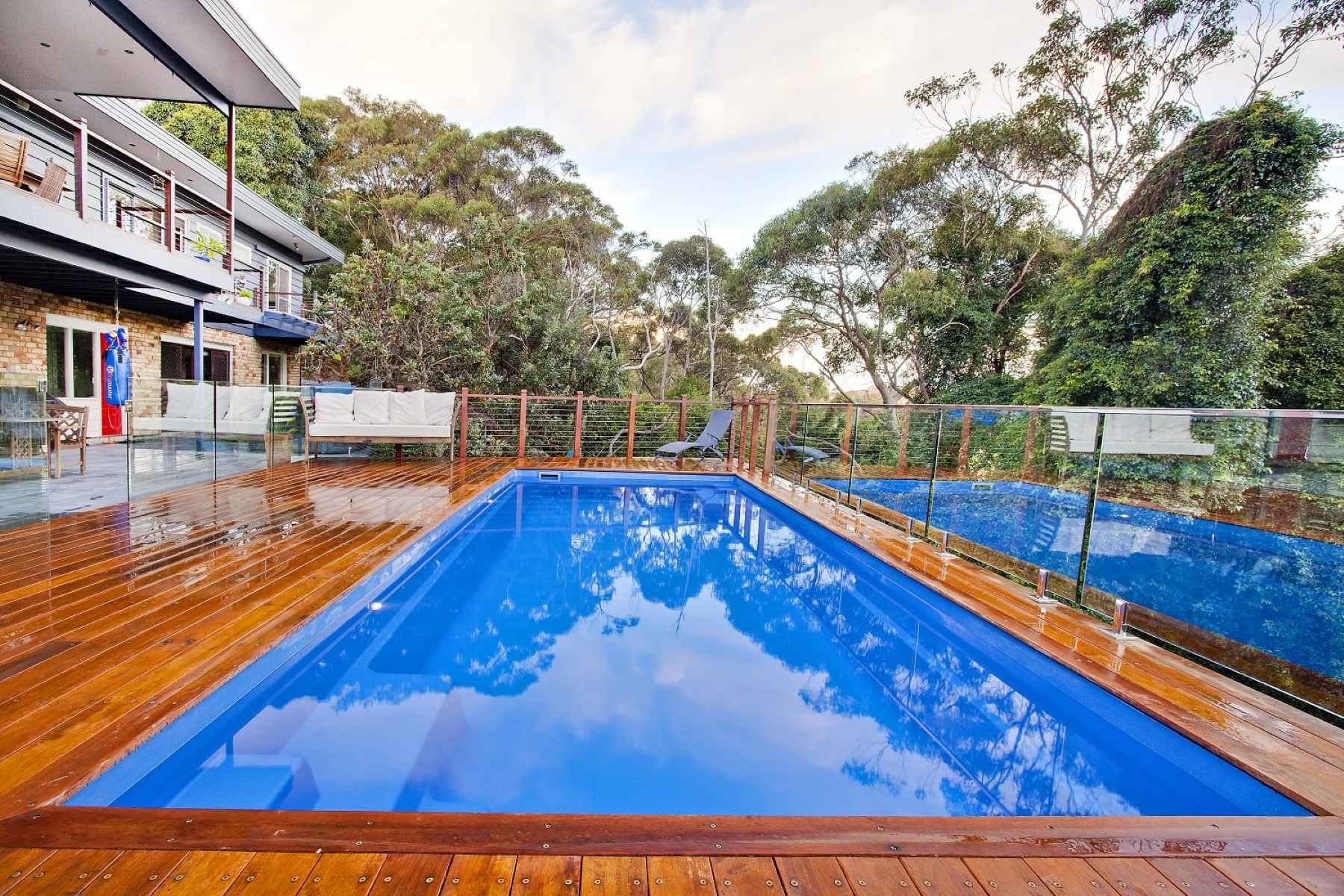
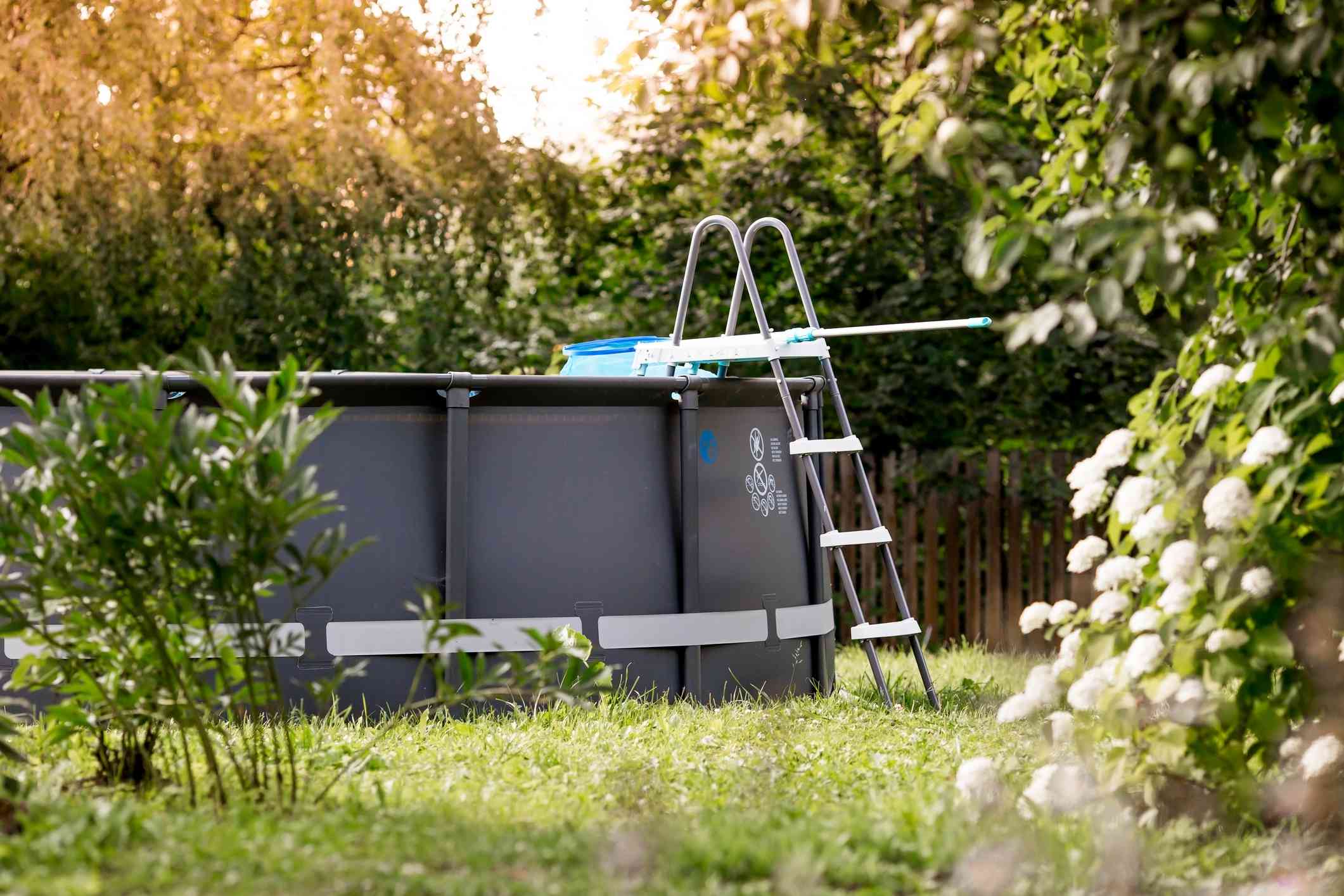
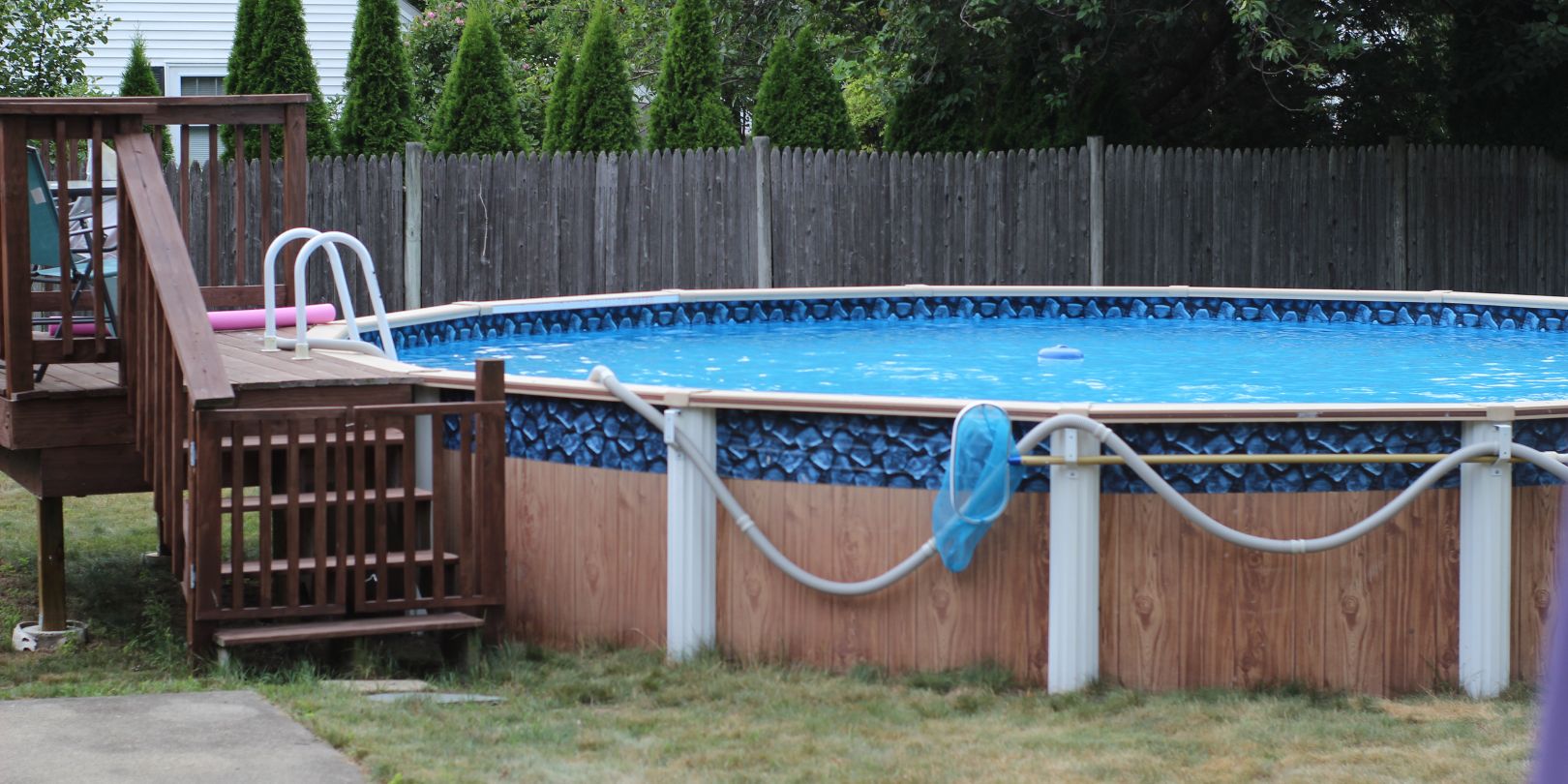
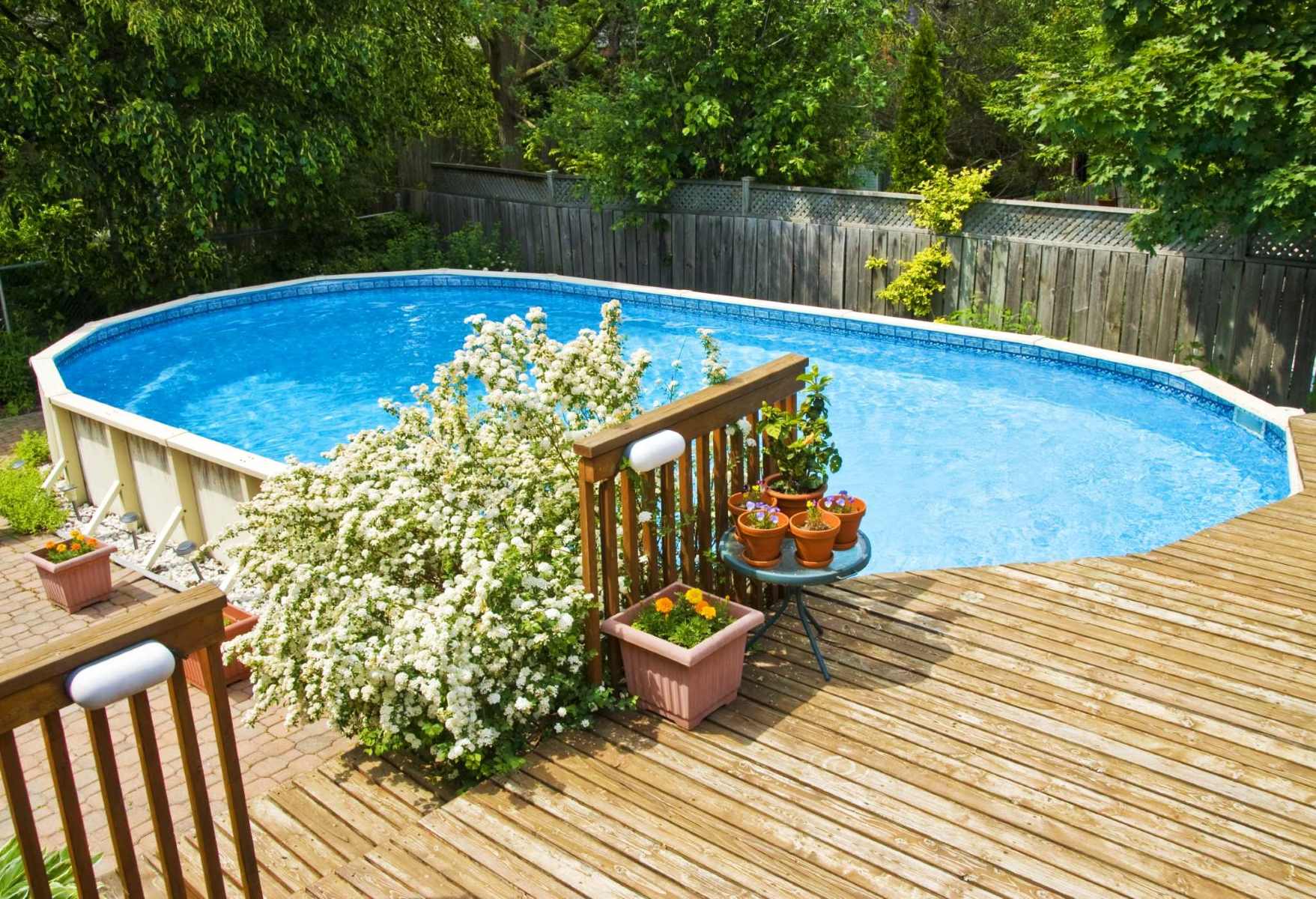
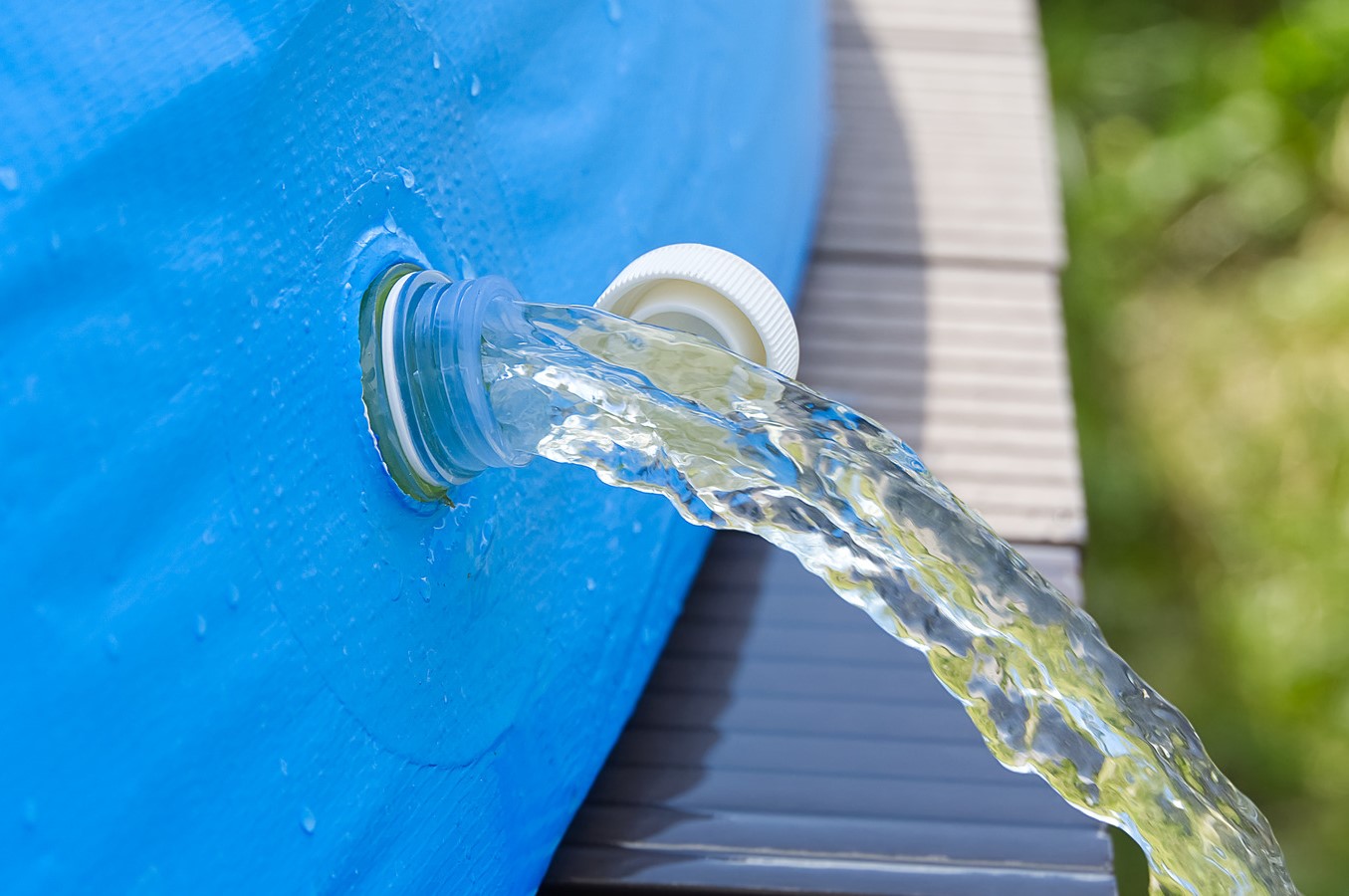

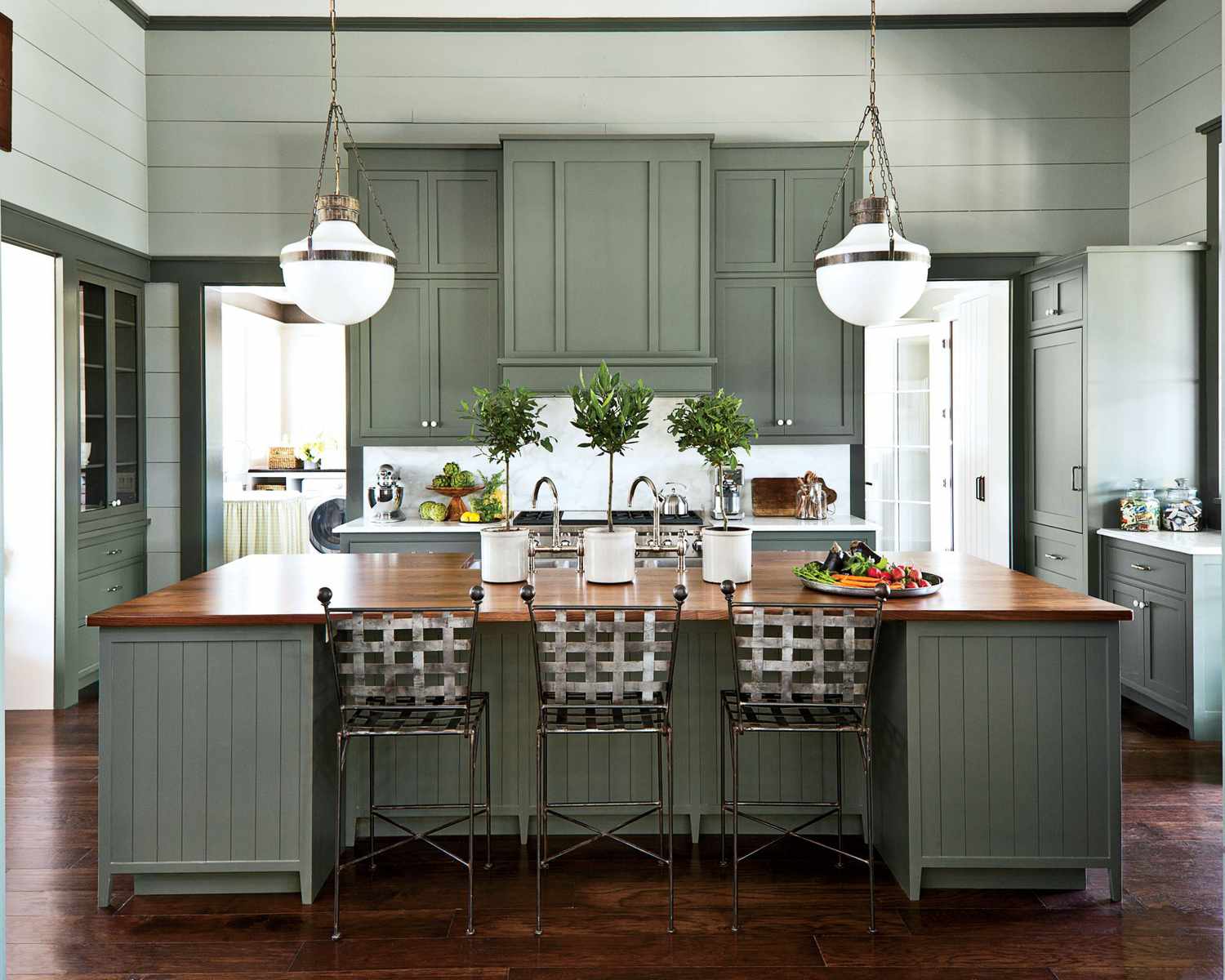

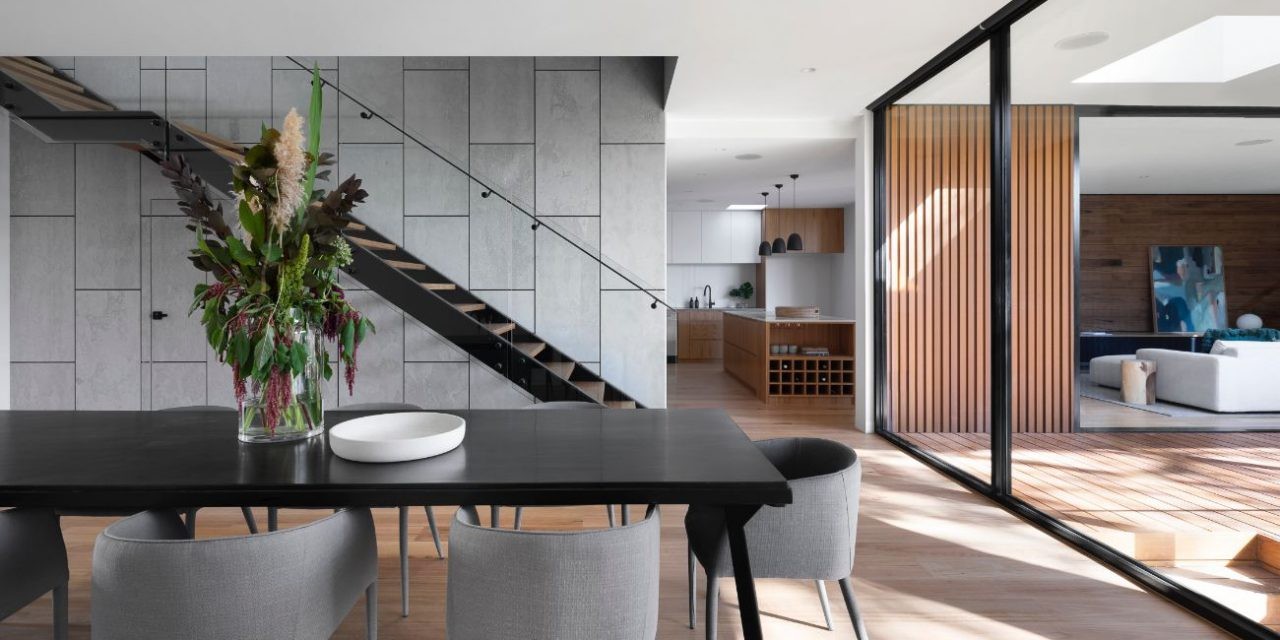
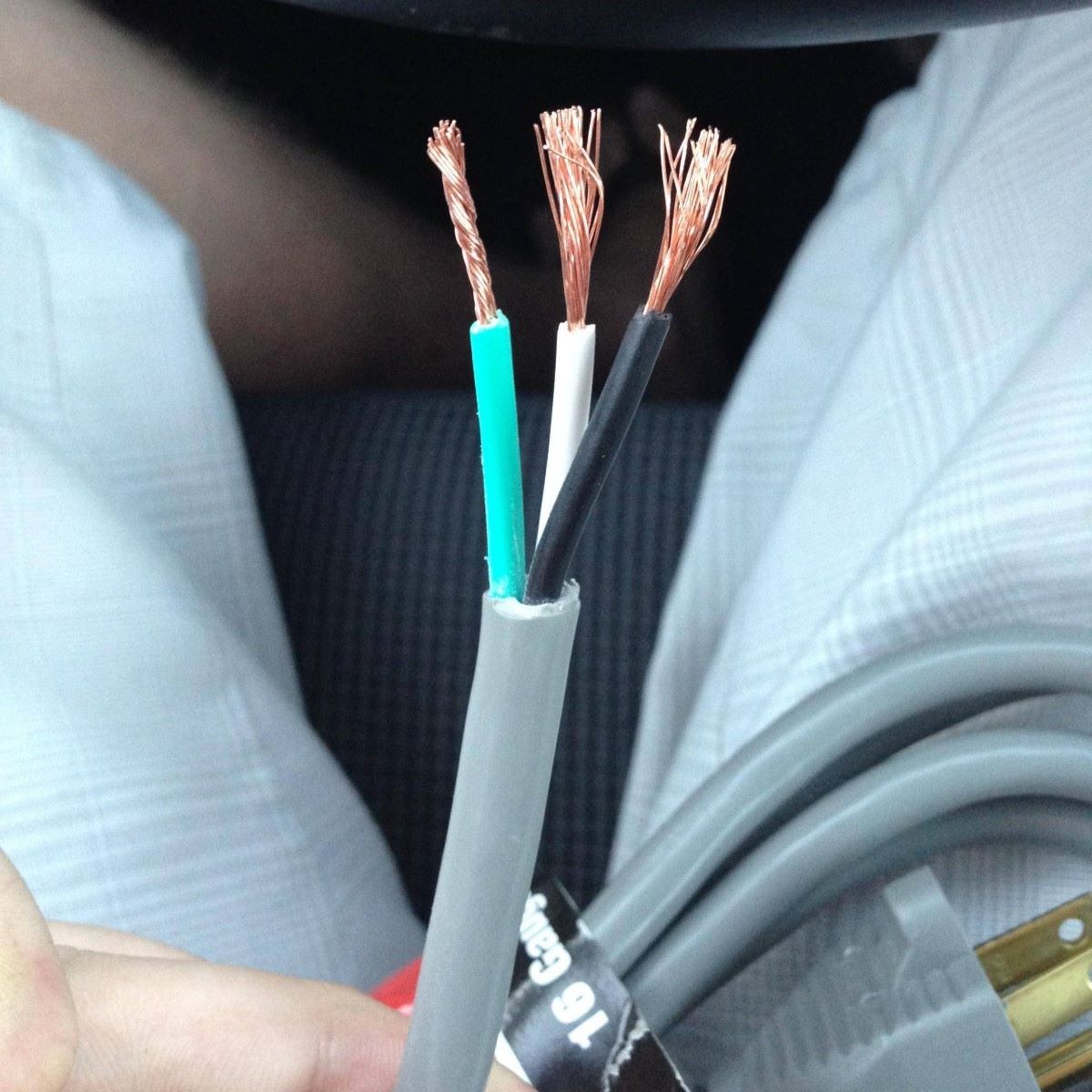
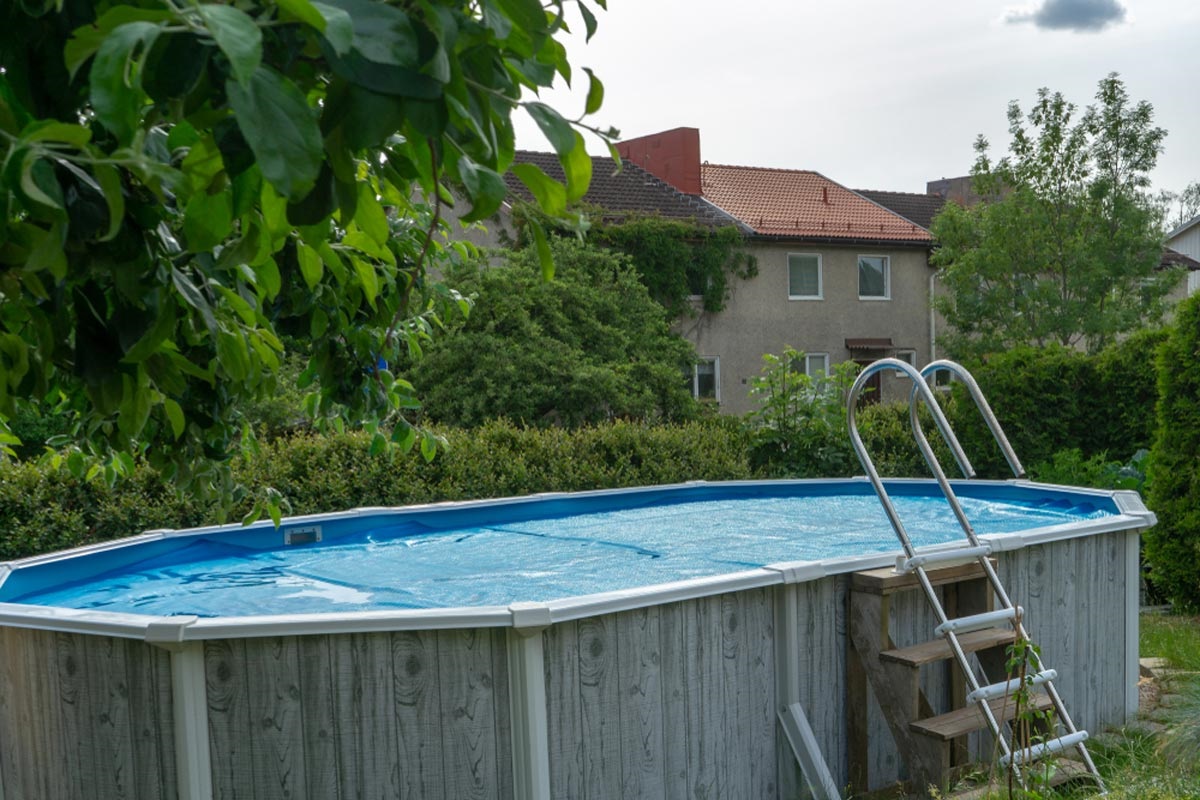

0 thoughts on “6 Types Of Pools To Consider Before Breaking Ground”